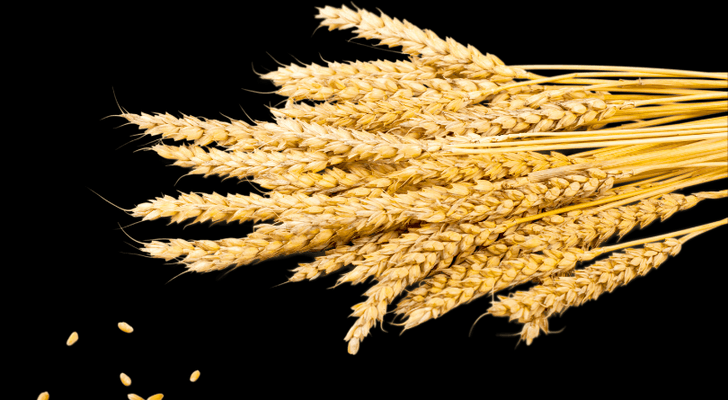Every community owes its existence and vitality to generations of ancestors from around the world. Some were brought here against their will, some were drawn to leave their distant homes in hopes of a better life, and some have lived on this land for more generations than can be counted.
Truth history and acknowledgment are critical to building mutual respect and connection across all heritages and barriers of difference. We begin this effort to acknowledge what history has buried by honoring the truth.
Our organization has our office on the ancestral lands of the Haudenosaunee (Ho-de-no-sau-nee) Confederacy. Please take a moment to consider the many legacies of violence, displacement, migration, and settlement that bring us together here today.
The New York State Coalition Against Domestic Violence is a statewide association providing training, support, technical assistance, and advocacy to local direct service domestic violence programs across New York State. Our original roots are in what is now known as Woodstock, NY, on the ancestral lands of the Munsee Lenape. Currently, our organization has our main office in what is now known as Albany, NY, on the ancestral lands of the Haudenosaunee (Ho-de-no-sau-nee) Confederacy.
This resource guide can aid organizations and programs along their journey of developing practices and protocols, which could include a land acknowledgment that honors the ancestral roots of the lands on which they reside.
How Do We Honor The Land?
NYSCADV is an organization that primarily supports New Yorkers experiencing domestic violence. NYSCADV does not provide direct services for New York State’s Indigenous populations. Regardless, NYSCADV staff identified a need to raise awareness about Indigenous populations in New York State and honor their rights to ancestral lands that have since been colonized.
We thought we would begin by developing a land acknowledgment to honor the communities who currently reside or had resided upon the colonized land we now call New York State. Along the way, we concluded that a land acknowledgment, while an important first step, did not go far enough, was placing an unnecessary burden on our Indigenous partners, and would require the emotional labor of reliving historical traumas -- all with very little reward for the effort.
We realized early on in the development of this project that we did not include any staff, volunteers or board members that identified as a member of an Indigenous nation (recognized or not), to support Indigenous communities in the present and for the next seven generations. As such, NYSCADV hired Indigenous Concepts Consulting, a consulting firm specializing in helping nonprofits align their mission with the Indigenous principles of sustainability, diversity, equity and inclusion.
What is a Land Acknowledgment?
A land acknowledgment is a statement recognizing Indigenous people as the stewards of their ancestral lands as a show of respect. It acknowledges the past, present and future relationship of an Indigenous group and their traditional territories.
Why Do A Land Acknowledgment?
Recognizing the land honors the Indigenous peoples who lived and worked the land before, during, and after white European colonization, seizures, and occupation. It expresses appreciation and gratitude to those whose territory we reside on. Land acknowledgments and “welcomes” are also Indigenous traditions and practices.
Whose Land Are We On?
What is now known as the state of New York includes the ancestral lands of many Indigenous groups and nations. NYSCADV’s original roots are in what is now known as Woodstock, NY, on the ancestral lands of the Munsee Lenape. Currently, our organization has our office in what is now known as Albany, NY, on the ancestral lands of the Ho-de-no-sau-nee-ga (Haudenosaunee) Confederacy and Mohican nations.
-
This resource is searchable by address and intended to be used to identify ancestral lands by city, state and country. It also can connect you to resources and additional information about the ancestral land guardians.
-
Native Governance Center co-hosted an Indigenous land acknowledgment event with the Lower Phalen Creek Project on Indigenous Peoples’ Day 2019 (October 14). The event featured the following talented panelists: Dr. Kate Beane (Flandreau Santee Dakota and Muskogee Creek), Mary Lyons (Leech Lake Band of Ojibwe), Rose Whipple (Isanti Dakota and Ho-Chunk), Rhiana Yazzie (Diné), and Cantemaza (Neil) McKay (Spirit Lake Dakota). We’ve created this handy guide to Indigenous land acknowledgment based on our panelists’ responses.
-
Land acknowledgment statements usually focus on recognizing the Indigenous past, present, and future of a location. This article helps you go beyond a statement and develop an action plan that actually supports Indigenous people.


